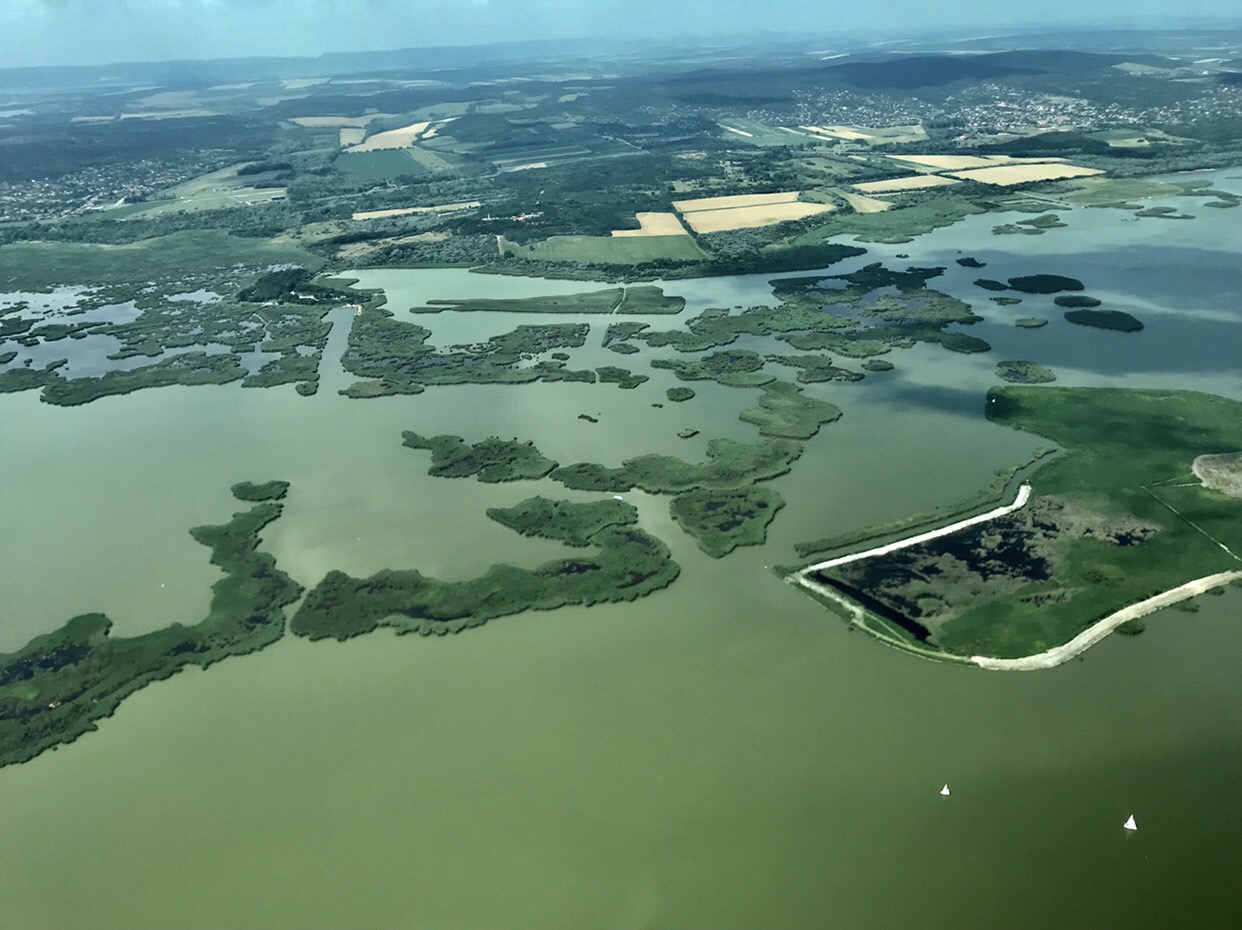Legyél TE az első, ADJ FEL HIRDETÉST!
Legyél TE az első, ADJ FEL HIRDETÉST!
OTHER SIGHTSEEING FLIGHTS
Goal of the Platform:
The legal use of Flyboy through the platform, in compliance with the EASA regulations
Fee sharing and payment system:
A person registered at Flyboy joins an aviator community. The Flyboy team ensures the honouring of the principles of shared-cost system.
To do so, the pilot specifies the costs of a one-hour flight considering the following points:
– fuel costs, the costs of landing and parking (if any)
– leasing costs of the aircraft, if the aircraft is leased from its owner
The costs calculated this way will be divided by the number of passengers transported by Flyboy with the aircraft.
Advantages of the shared-cost flights:
- The announced flights will be accomplished with small and comfortable aircrafts (1 – 6 people)
- They use regional airports accessible with car in max. 20 minutes both for the departure and arrival points
- It’s advantageous, if there in nor direct normal airline between two points
- You needn’t arrive at the airport 2 – 3 hours before the flight
- The travel time will be halved guaranteeing the same comfort and approximately identical costs the normal airlines can offer for both business or leisure flights
- The number of destinations will be increased, only in Hungary there are approximately 100 civil airfields
HOLIDAY CONDITIONS
PASSENGER CODEX
1. The passenger shall obey the pilot’s instructions.
It’s important to understand that the pilot is the only responsible person, the “commander” being able to pass decisions on the aircraft and the flight. Before the flight, he/she may decide to cancel the planned flight. During the flight the passengers shall refrain from criticizing the pilot’s decisions and they shall obey the pilot’s instructions.
2. The passengers shall accept the pilot’s weather related decisions.
In the course of the private pilot education, the pilots learn much about the weather conditions and the consequences of the deteriorative weather. As part of the education, most pilots may fly in compliance with the Visual Flight Rules (VFR) only. Some pilots may be qualified to instrument flights (IFT) being able to fly under IFR conditions. Anyway, the decisions of the VFR and IFR pilots shall be followed, i. e. cancellation or postponement of the planned flight. In case of a decision by the pilot adverse to the passenger, the passenger may not instruct the pilot or endanger the passenger’s and the pilot’s life or health.
3. The passenger must comply with the maximum weight of the baggage.
The light airplanes to be used to the common flight, are very sensitive to changes in weight. The pilot considers the weights of the registered passengers and baggage to determine the centre of gravity of the aircraft. For this reason, the passengers must comply with the maximum weight specified by the pilot and refrain from moving the baggage during the flight. Therefore, the passenger must determine his/her exact weight before the flight and inform the pilot, if changes take place.
4. The passenger may not take illegal or risky objects on board.
Illegal or risky/dangerous objects must never be delivered. If there is doubt concerning the risks of the goods to be delivered, the pilot must be informed to confirm together whether the flight is possible under the specific conditions or not. The pilot may inspect the passenger’s hand-bag any time and refuse its placement on board. If the passenger is in possession of dangerous/forbidden objects, the he/she must be excluded from the flight.
5. The passenger shall always arrive at the airport on time.
6. The passenger may desist from the flight.
7. The passenger must comply with the safety regulations.
PILOT CODEX
1. The pilot is the “commander”, i. e. the responsible person on board.
The pilot is the only one person capable to pass decisions on the flight and the aircraft.
The presence of other persons on board may not influence the pilot when palling the flight because he/she is the only person to fly the aircraft safely. The passengers must always be informed of a possible cancellation of the flight.
2. The pilot must always consider the weather conditions.
Bad weather is the primary cause of accidents endangering light aeroplanes during general, non-commercial flights. The weather conditions may change rapidly, so the pilot may cancel the flight.
On the day preceding the flight, the pilot informs the passenger of the weather forecast and the potentiality of the flight. On the day of the flight, the presence of the passengers and their requirements may not prevent the pilot from cancelling the flight.
3. The pilot may instruct the passengers on board.
For any reason (safety or operation), the pilot may instruct the passengers without argumentation any time.
4. Any amount of flight costs to be shared may arise in connection with the planned flight only.
The EU’s safety regulation permits the sharing of the flight related costs among private persons only, if the direct costs (e. g. in relation with the direct costs, as fuel, airport fees, leases, etc.) are divided between all participant, including the pilot. The common flights may not produce profit.
If a flight is not a flight shared cost complying with the EU’s safety regulations, then the flight qualifies as a commercial one and the rules of the commercial air law apply.
5. The pilot informs the passengers of the type of the aircraft they fly.
6. The pilot is responsible for his/her passengers’ insurance and safety.
7. The pilot informs the passengers that e. g. no lavatory, WC and buffet are available on board.











